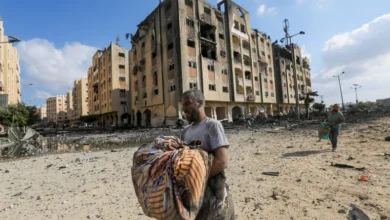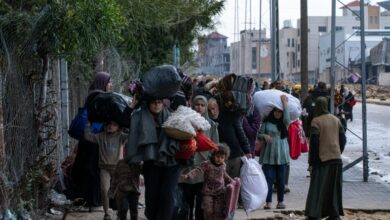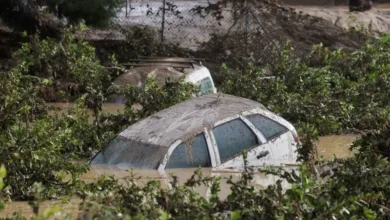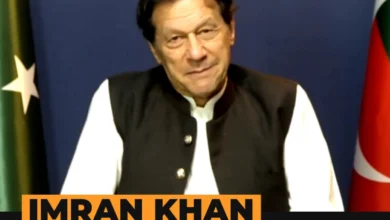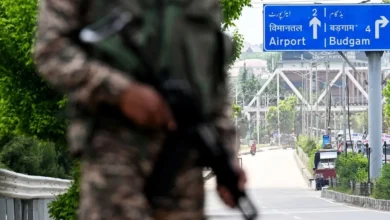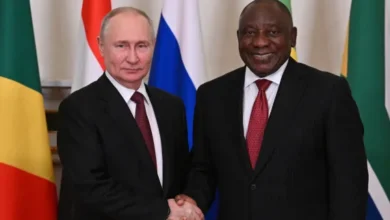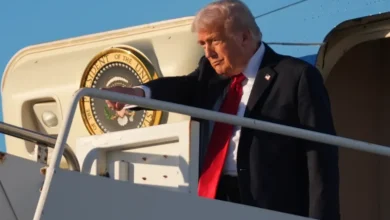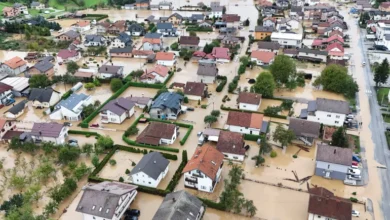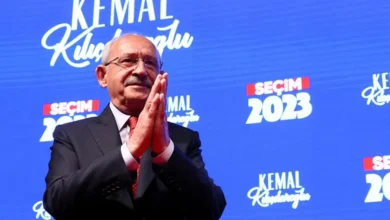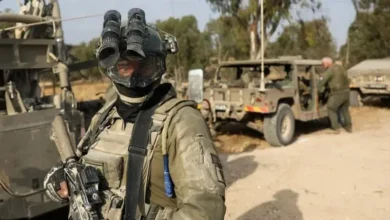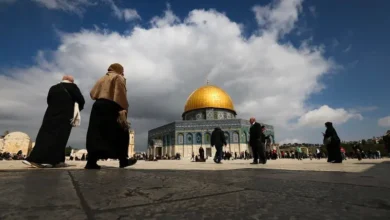Hezbollah denies Israeli allegations of commander’s death in southern Lebanon
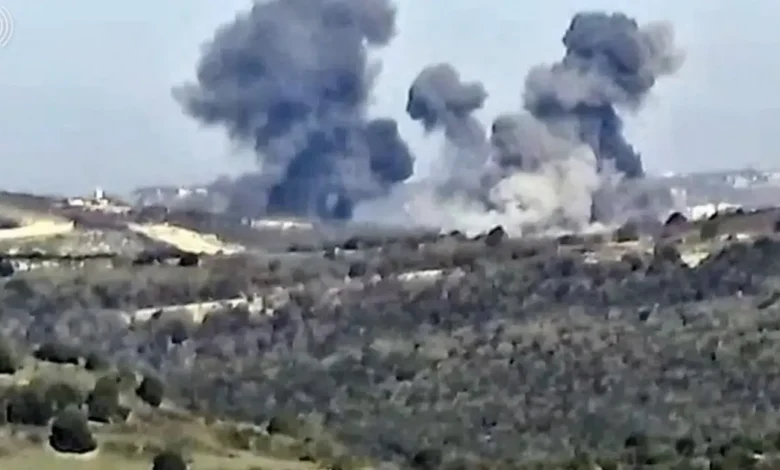
Israel said it killed the southern Lebanon commander of Hezbollah’s aerial unit in an air strike on Tuesday, hours after it said he led an attack on an army headquarters base in northern Israel, but Hezbollah says that is a false claim.
The Israeli military’s chief spokesperson Rear Admiral Daniel Hagari said Ali Hussein Barji had led dozens of drone attacks on Israel, as Israel and Hezbollah have been waging their deadliest hostilities in 17 years.
Hezbollah rejected the statement, saying it had “no truth whatsoever”.
Israel and Hezbollah have been waging their deadliest hostilities in 17 years since the Palestinian militant group Hamas attacked Israel from Gaza on Oct. 7.
The violence has forced tens of thousands of people to flee both sides of the Lebanon-Israel border and raised fears the conflict could spiral.
Hezbollah deputy leader Naim Qassem, in a televised speech, said his group did not want to expand the war from Lebanon, “but if Israel expands (it), the response is inevitable to the maximum extent required to deter Israel”.
Hezbollah said its drones had hit the Israeli army headquarters in Safed, northern Israel, as part of retaliation for last week’s assassination of deputy Hamas leader Saleh al-Arouri in Beirut, and in response to Monday’s killing of Hezbollah commander Wissam Tawil, the most senior Hezbollah officer to die in the fighting.
Thousands of mourners attended his funeral in south Lebanon, his coffin draped in Hezbollah’s yellow flag as it was carried through the streets of his village.
An officer in the group’s elite Radwan force, Tawil had played a leading role in directing Hezbollah operations in south Lebanon and had been previously deployed to Syria, where the group has supported Damascus in the civil war.
Hezbollah said Tawil also took part in a 2006 cross-border raid into Israel during which the group captured two Israeli soldiers, igniting the last major war.
A source familiar with Hezbollah operations said it marked the first time the group had attacked Safed, some 14 km (8 miles) from the border, during hostilities.
An Israeli army spokesperson said a northern base was hit in an aerial attack, without giving the precise location. There had been no damage or casualties, the spokesperson said.
Much of the violence has taken place in the border area, ebbing and flowing, with Hezbollah firing at Israeli positions using rockets and other weapons, and Israel carrying out air and artillery strikes.
Arouri’s assassination marked the first time Israel has struck in Beirut’s Hezbollah-controlled southern suburbs during this conflict. Israel has neither confirmed nor denied it killed Arouri. Hezbollah had said a rocket barrage it fired on Saturday was also in response to his killing.
“We have seen more and deeper strikes in the past few days, which is a worrying trend,” said Kandice Ardiel, a spokesperson with UNIFIL, the UN peacekeeping force in Lebanon.
Israel has said it is giving a chance for diplomacy to prevent Hezbollah firing on its residents in the north and to distance Hezbollah from the border, warning that the Israeli army will otherwise take action to achieve these aim.
More than 130 Hezbollah fighters have been killed in Lebanon during the hostilities. The three Hezbollah fighters killed on Tuesday died in a strike on their vehicle in the town of Ghandouriyeh in the south of Lebanon, the sources said.
In a statement, the Israeli military said its air force attacked Hezbollah targets in Kila – an apparent reference to the Lebanese border village of Kfar Kila – and a drone squad belonging to the group elsewhere in southern Lebanon.
